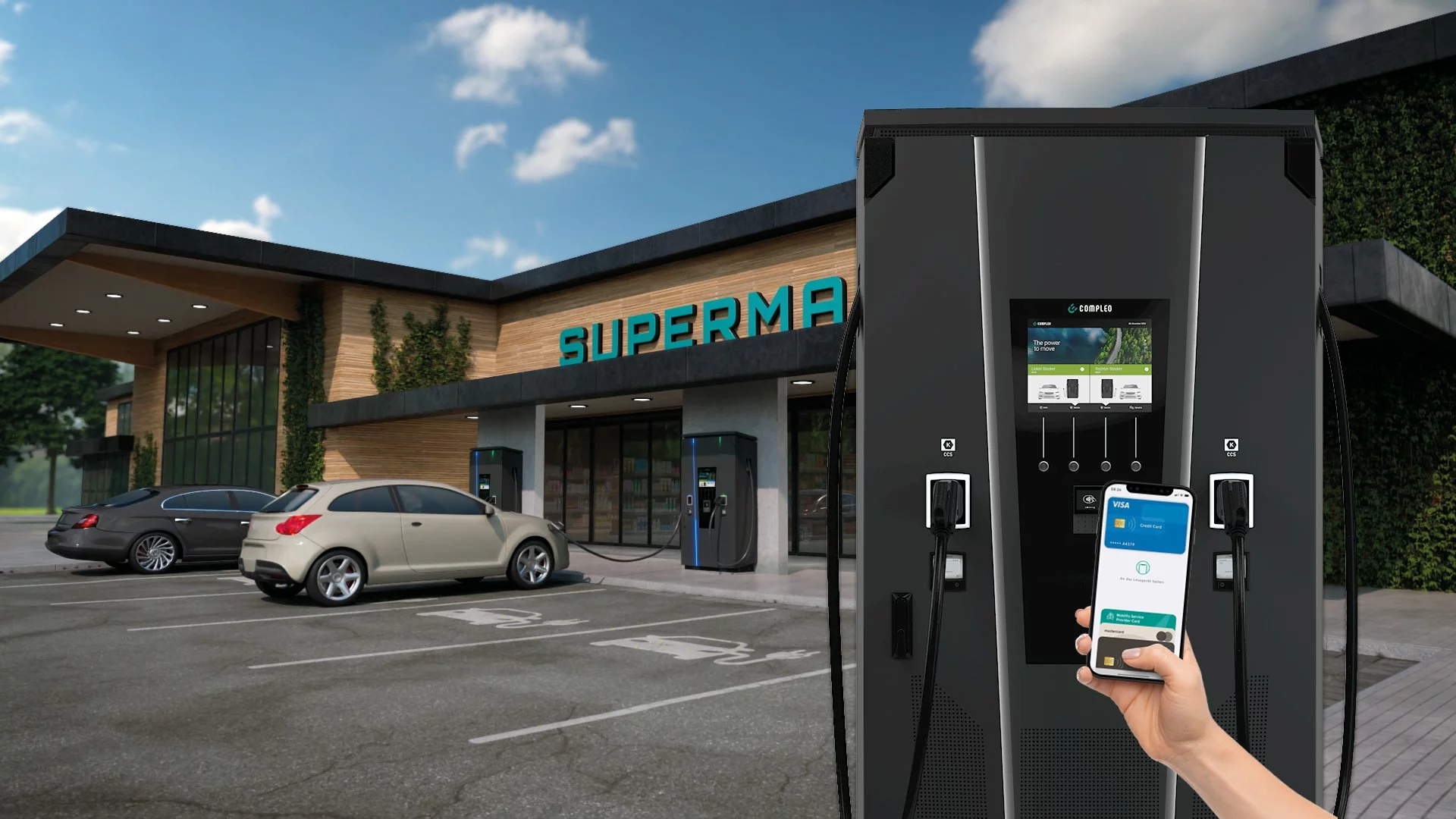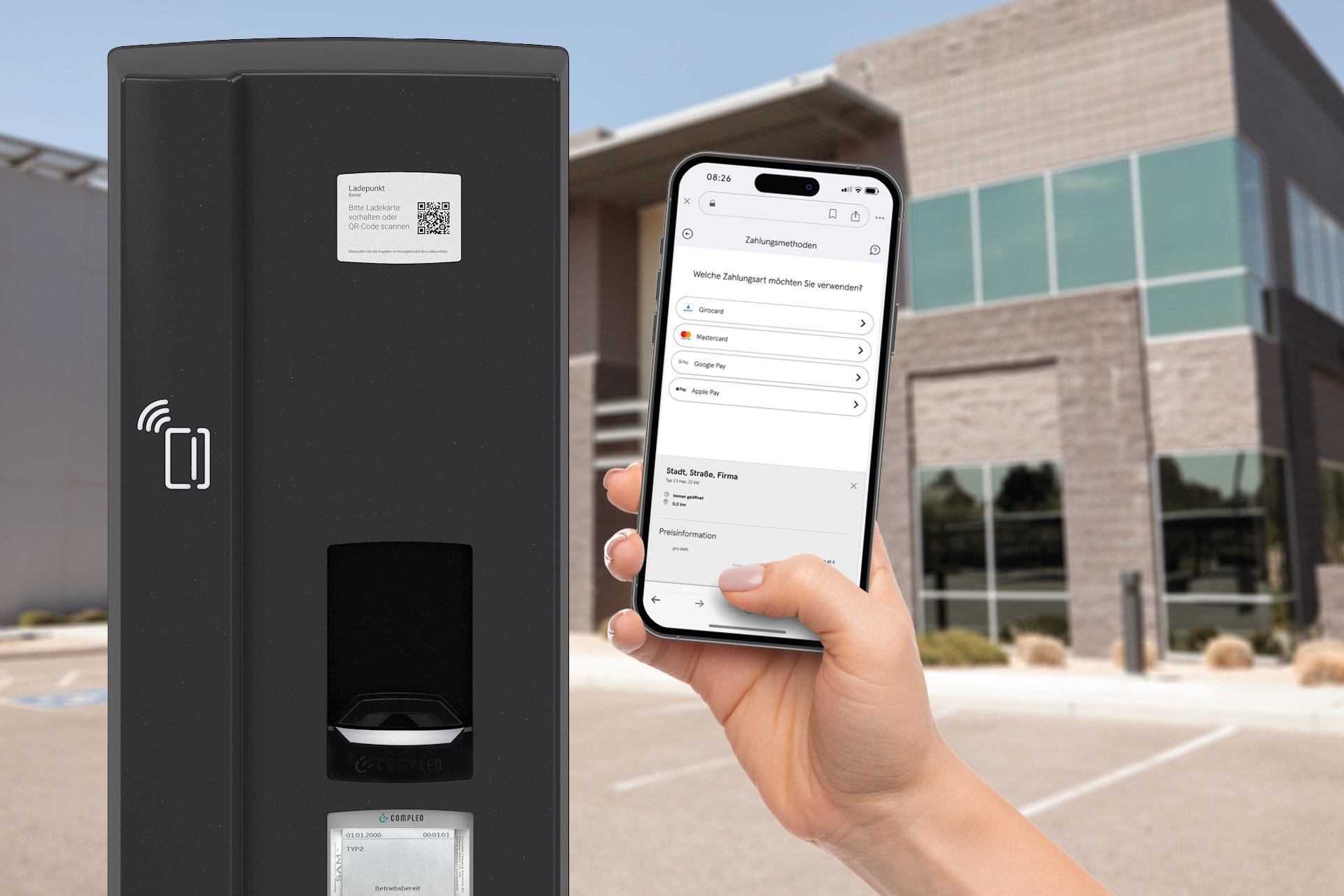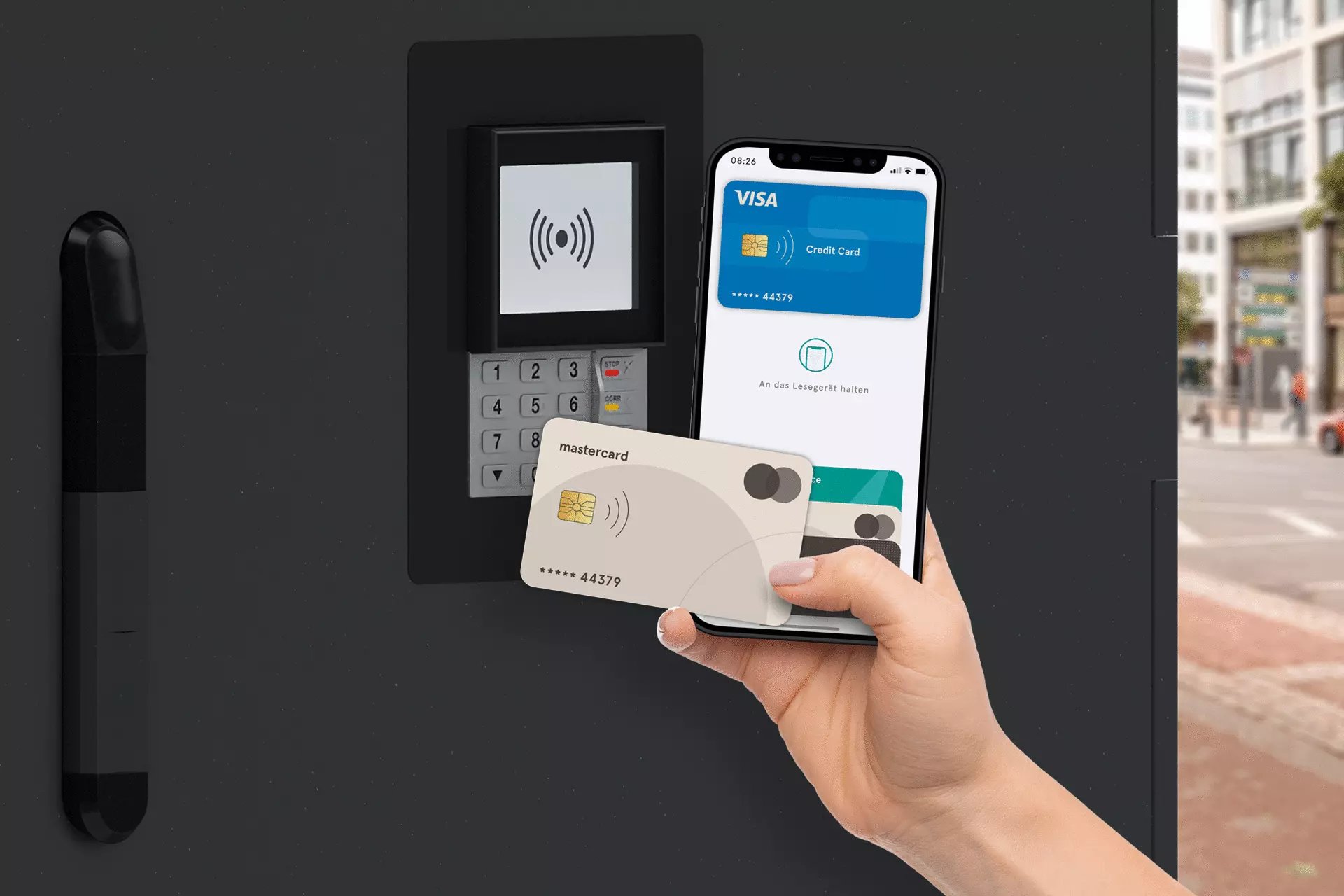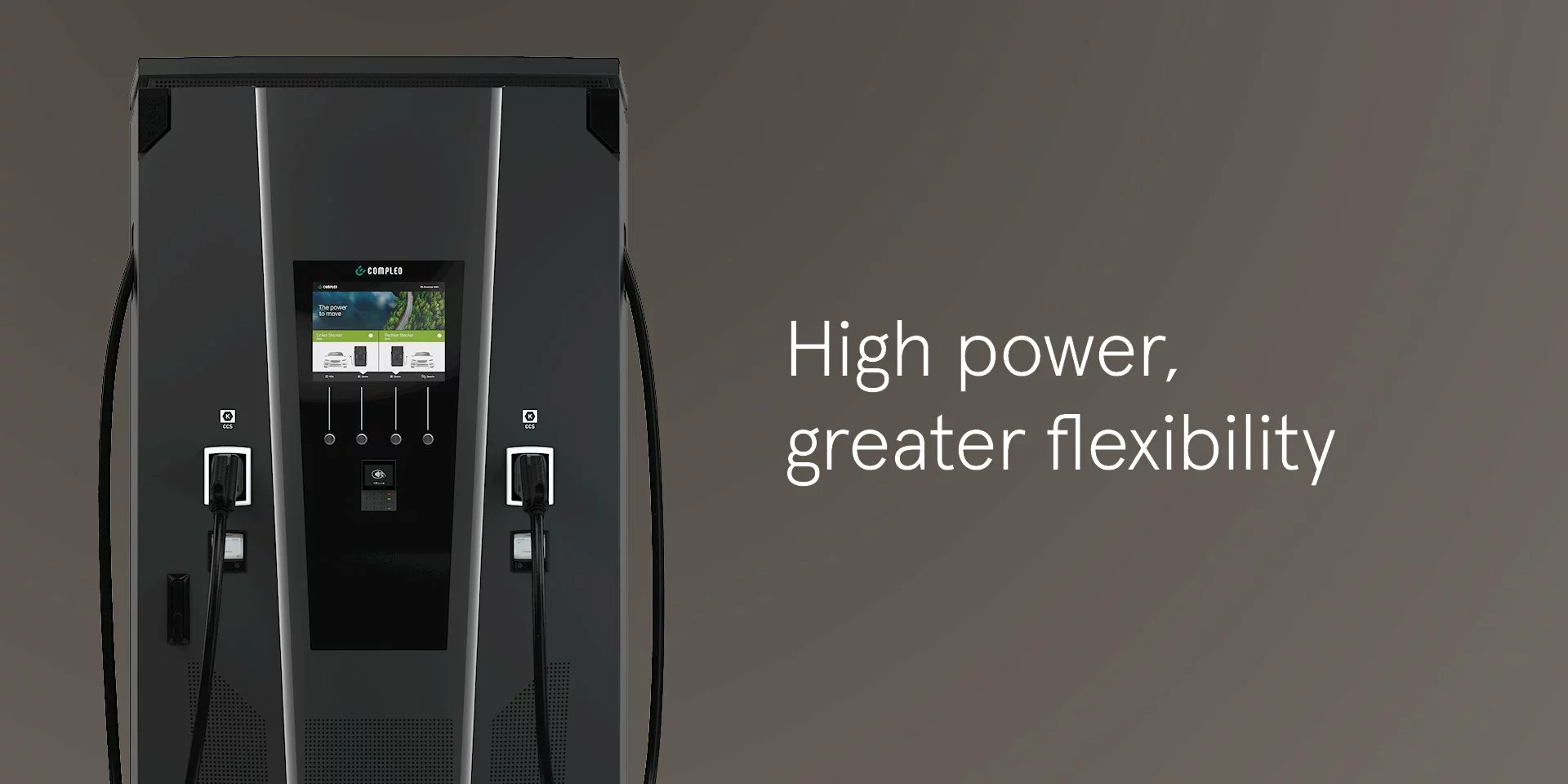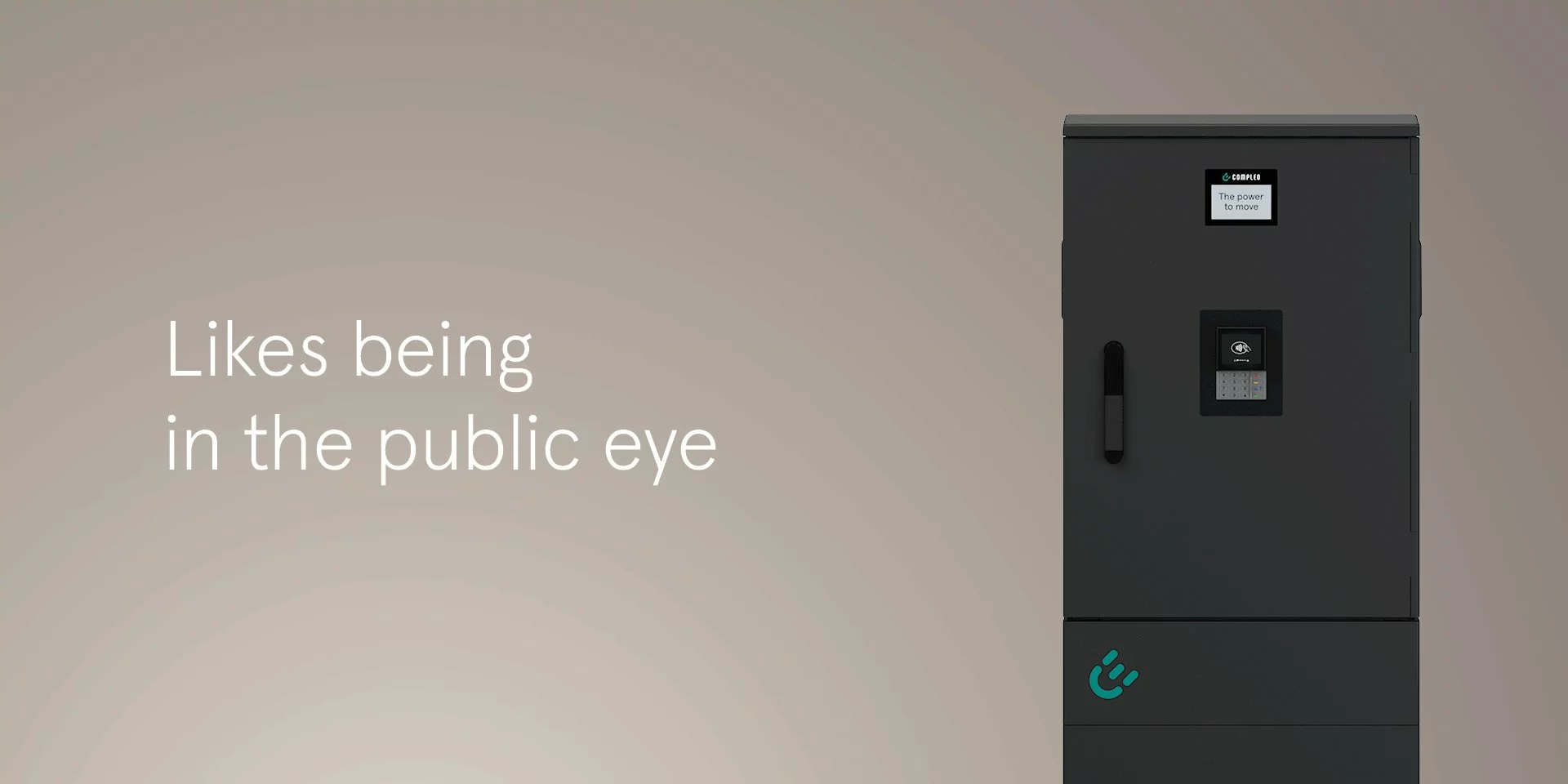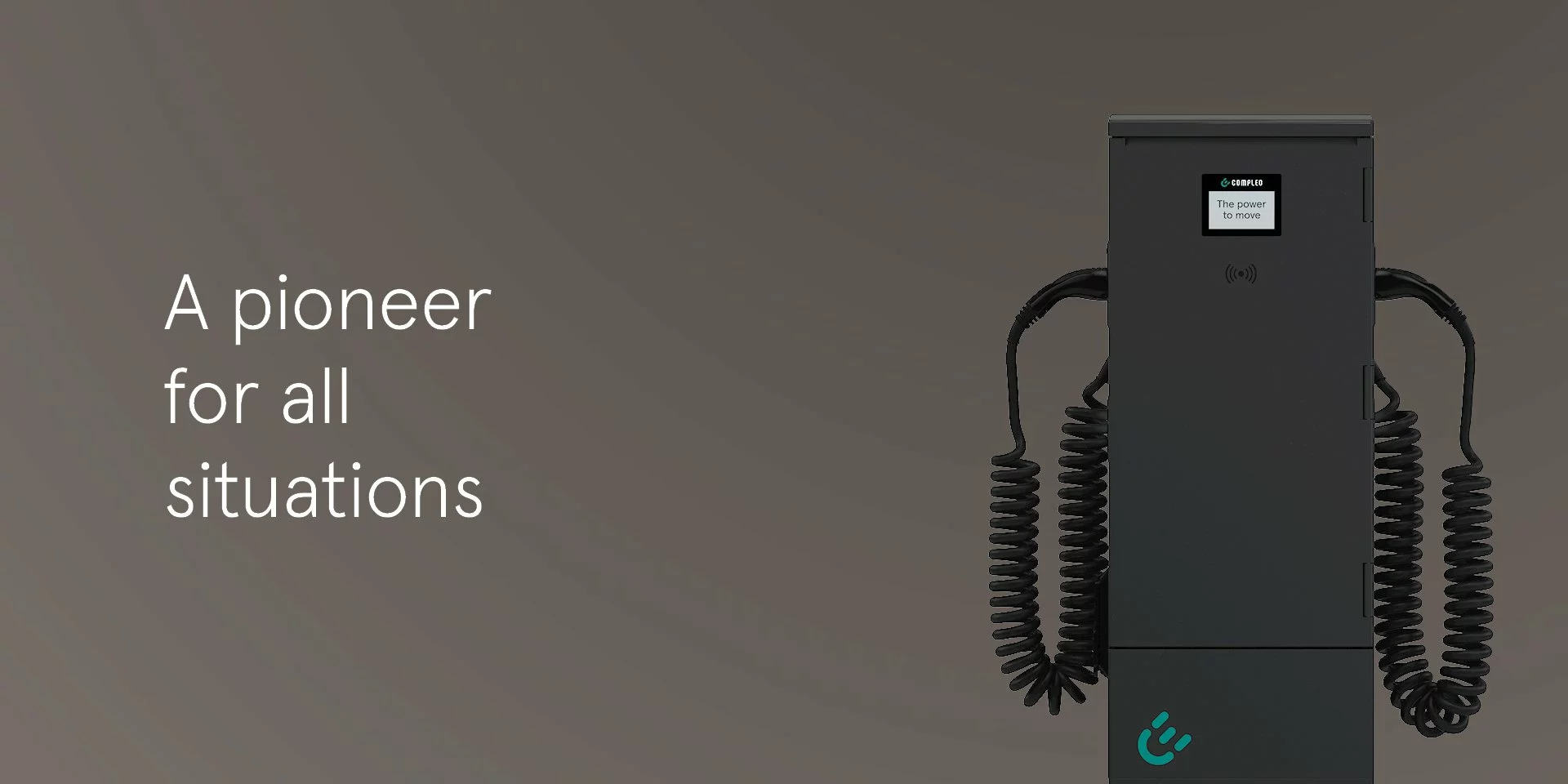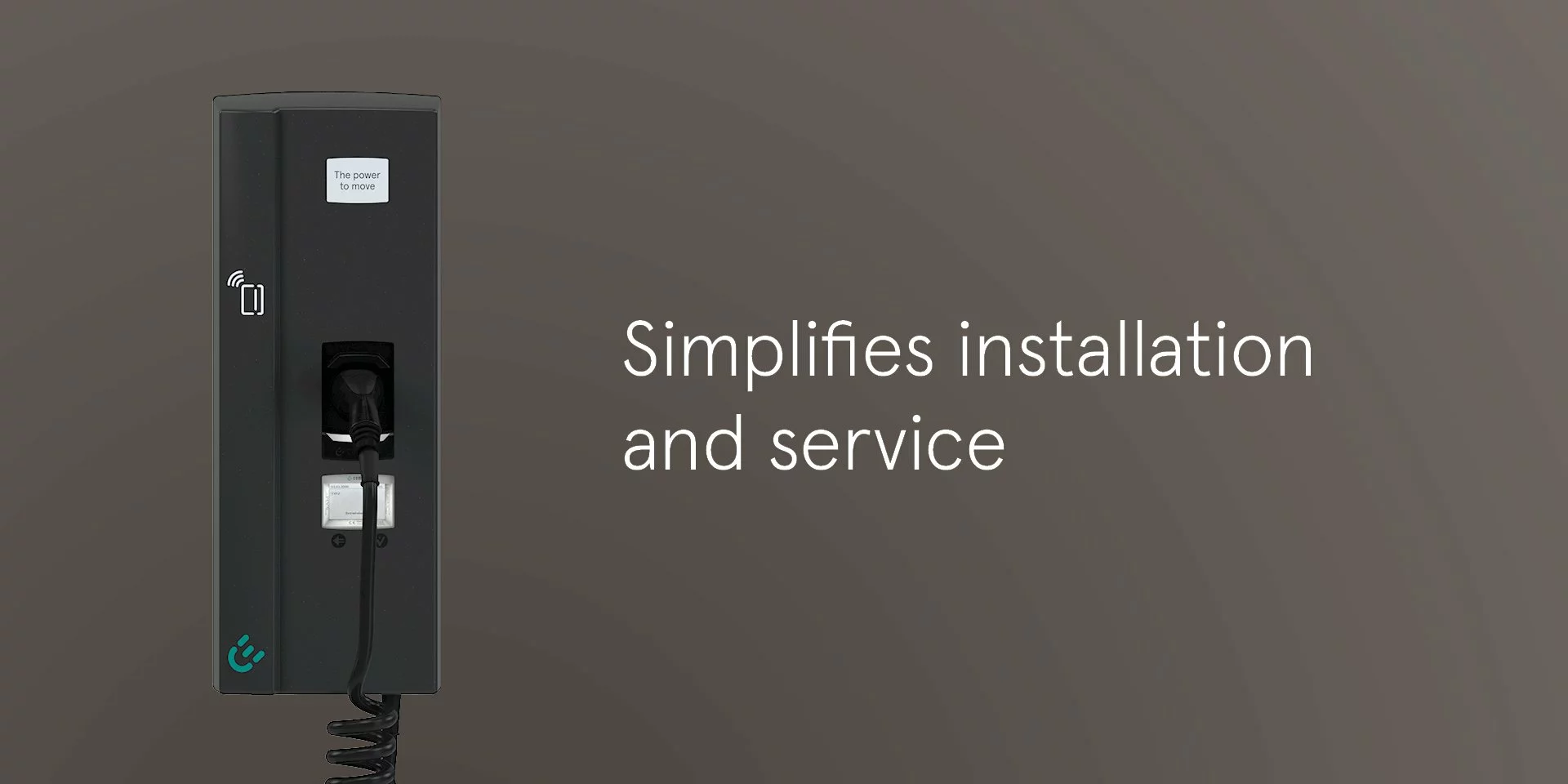AFIR - simple, secure and transparent payment
AFIR in a nutshell
Since 2024, the AFIR (Alternative Fuel Infrastructure Regulation) has established clear, uniform rules for charging infrastructure across Europe. For operators, the key question is: What already applies for charging networks and how can it be implemented efficiently?
Since April 2024
- Standardised price information at the charging point
- Transparent information without an app
- Option for direct payment without a contract
From 8 January 2026
- ISO 15118-2 becomes mandatory for new AC charging points
- Preparation for plug & charge & smart charging
From 2027
- Extended communication requirements in accordance with ISO 15118-20 for new installations
How operators can comply with AFIR
The AFIR requirements have the following implications for the operation of publicly accessible charging infrastructure.
- Charging points must become more convenient, transparent and accessible
- Payment without a contract becomes standard
- New installations must support ISO 15118 functions in terms of hardware
- Existing installations remain protected
Compleo hardware complys with AFIR requirements
With Compleo's practical solution, the DUO and DUO ims AC charging stations, the Compleo wallboxes and the eTower 200 HPC charger already meet the current requirements and are equipped with hardware that allows future AFIR requirements to be activated later via firmware without the need for expensive modifications.
Example 1: Direct payment without a payment terminal
The AFIR requires a simple, barrier-free and transparent payment option for AC charging points below 50 kW. Direct. Without a contract.
1st requirement: Direct payment without registration
Our solution: The Compleo DUO displays a dynamic QR code. Users scan, pay, charge.
2nd requirement: Price transparency at the charging point
Our solution: The QR code links to the charging point's website, where the price is displayed. Enter payment information. Pay easily.
3. Requirement: Tamper-proof display
Our solution: Specific QR codes on the charging station display prevent anyone from covering them with stickers, as is the case with conventional stickers, and thus redirecting the payment method.
Advantage for operators:
AFIR-compliant payment can be efficiently implemented in the AC area without complex modifications and without interfering with existing backend structures.
Example 2 – the alternative: direct payment via payment terminal
Charging stations with a capacity of over 50 kW must offer direct payment via payment terminal at the charging point, and charging stations with a capacity of less than 50 kW may also offer this option. The advantage for users is that paying at the charging point becomes as easy as paying at the supermarket!
Existing charging stations are initially protected. However, there is a retrofitting obligation with card payment option for charging stations over 50 kilowatts from 1 January 2027.
Requirement: direct payment via payment terminal
Our solution: the HPC charger eTower 200 and the AC charging station DUO ims for direct connection to the distribution network both have an integrated payment terminal with pin pad. No registration necessary! Users pay by card, just as they are accustomed to while shopping.
Advantage for operators:
Even those new to electric mobility, visitors from abroad or less tech-savvy charging customers can use the card payment terminal intuitively and without any obstacles. The convenience for EV drivers increases. The operator determines their own price per kilowatt hour charged. Direct payment without multiple intermediaries.
New in January 2026: Enabling ISO 15118 communication
From January 2026, new AC charging points must support ISO 15118-2. The question here is not: What do I need to activate today? But rather: How can I ensure that my hardware remains future-proof in 2026?
The key lies in technical preparation, not in the immediate use of all functions.
Hardware that already has an integrated PLC modem creates the conditions for:
- Plug & Charge
- Standardised vehicle communication
- Future certification processes
- Smart charging algorithms
However, the full benefits of these functions can only be realised through the interaction of OEM implementations, backend support and ongoing firmware updates.
Our solution: the DUO & DUO ims, the Compleo eTower 200 and the SOLO and eBOX wallboxes are designed for this transition: hardware-ready and software-updatable. Compleo offers regular firmware updates to ensure the future viability of charging technology and compliance with a changing landscape of standards. This means that charging parks will remain AFIR-compliant in 2026 and beyond without the need for replacement.
AFIR development from 2027 onwards
While the AFIR specifications will lay the technical foundations in 2026, the consistent further development of communication between the vehicle, charging point and backend will be crucial from 2027 onwards.
For both AC and DC charging points, this means no longer just fulfilling individual functions, but creating a basis that can accommodate technological developments in the coming years. Every decision for new charging infrastucture must be hardware-ready for AFIR already today.
The upcoming developments include, among other things
- Extended communication processes in accordance with ISO 15118-20, which create the conditions for bidirectional charging, for example
- Secure certificate management for automated authorisation, known as Plug & Charge
- Future functions that will be developed in collaboration with vehicle manufacturers and backends
It is therefore crucial to have a product platform that does not stand still, but can integrate new standards via updates.
Do you have further questions about AFIR, payment or ISO 15118 communications?
We are happy to help and advise you every step of the way!
